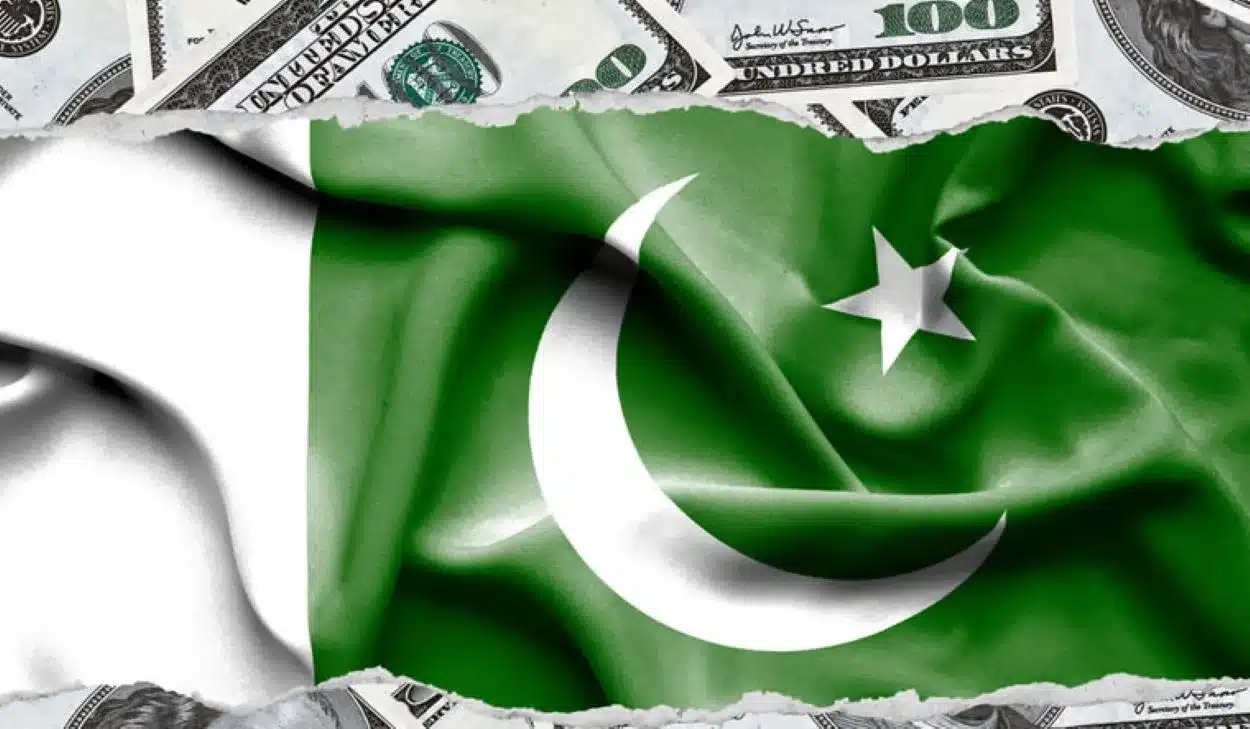Pakistan’s Economic Coordination Committee (ECC), chaired by Finance Minister Muhammad Aurangzeb, approved a Rs1.225 trillion restructuring and financing deal. This action addresses the country’s energy sector circular debt. The signing, held at the Prime Minister’s House in Islamabad, marks a crucial step toward economic stability.
The Pakistan circular debt is nearing Rs2.4 trillion (2.1% of GDP). This debt has strained Pakistan’s energy supply and shaken investor confidence. This deal, involving 18 major banks, restructures Rs 659.6 billion in loans. It also provides Rs 565.4 billion in new financing to clear overdue payments to power producers.
Key features of the deal include:
- No additional burden on consumers, as repayments use the existing Rs3.23 per unit debt surcharge.
- Concessional loan terms set at KIBOR minus 90 basis points, significantly below current rates.
- Sovereign guarantees will free Rs660 billion in liquidity, supporting the agriculture, small and medium enterprises, housing, education, and healthcare sectors.
The deal was developed in collaboration with the Ministry of Finance, the Ministry of Energy, the State Bank of Pakistan, and the Central Power Purchasing Agency (CPPA). It aims to ensure fiscal savings and transparency in tackling circular debt issues.
Read: Pakistan Approves Import of Used Vehicles with New Rules
PBA Chairman Zafar Masud highlighted the importance of the deal: “This is about nation-building. The banking sector’s collaboration with the government shows what is possible with a shared vision.” The Pakistan Banks Association resolved complex regulatory and financial challenges. This effort sets a model for addressing issues such as circular debt in future public-private partnerships.
This resolution will alleviate pressures on the energy sector, enhancing investor confidence and fostering economic growth. Addressing Pakistan’s circular debt issue unlocks funds for vital sectors without increasing consumer costs. It offers a possible blueprint for future reforms.






